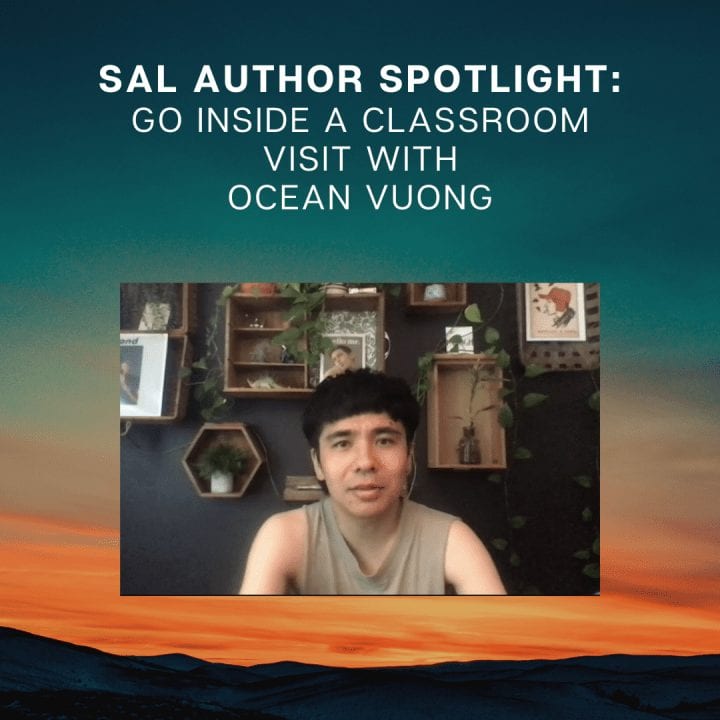
Go Inside a WITS Classroom Visit with Ocean Vuong
June 24, 2021
In June, students from Franklin High School spent time with poet and fiction writer Ocean Vuong in a session they called “Breaking Virtual Bread Together.”
SAL’s Spotlight Author visits, held through our Writers in the Schools program, connect young public school writers in WITS classrooms with world-class authors and thinkers like Ocean, who spoke as part of our Literary Arts Series this month.
The students talked with Ocean about inspiration, creative process, and how one becomes a poet. They asked what made him want to write, to which he said, “We’ve all had that moment where we read a story and, all of a sudden, we feel more alive in the world. We recognize something similar or something different from one another, and we realize we’re not that far away from each other.”
Ocean and the students spoke at length about reading, too.
“Our culture is built by limitations—but when you walk into a library or a bookstore, that’s when you are free. I can take my hand and choose which book to take off the shelf. I go back to that sacred moment, that wonder never goes away,” Ocean said. “Reading is a future. You pick up a book, you’re picking up a future, you’re choosing seven hours of your future and how to spend that.”
When asked how to navigate the future—of writing and life—Ocean said, “Writers of color are expected to be anthropologists, often of pain. ‘Show us how much you have suffered so we can value your life.’ You’re going to have some pretty wild workshops where some peers will say to you, ‘I don’t understand Black people. Make it so these characters are relevant to me, so I can relate to them.’ You have to be able to say, ‘No. I’m not a tour guide to my life. I’m doing something much more important, much more exciting. I’m trying to harvest what I know into the world. I can’t spend my time translating what I’m doing for you.’”
Here, we share more of Ocean’s wisdom from their lively conversation.
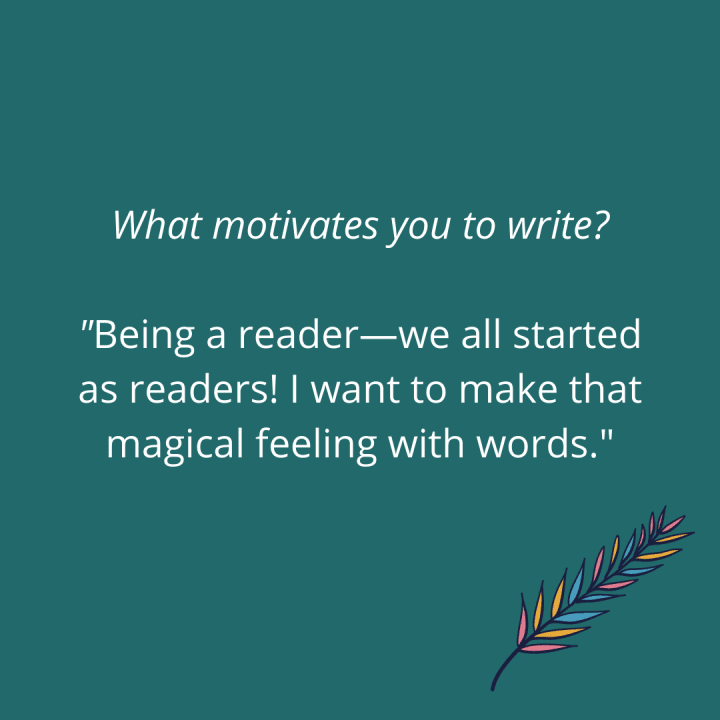
What motivates you to write? “Being a reader—we all started as readers! I want to make that magical feeling with words.”
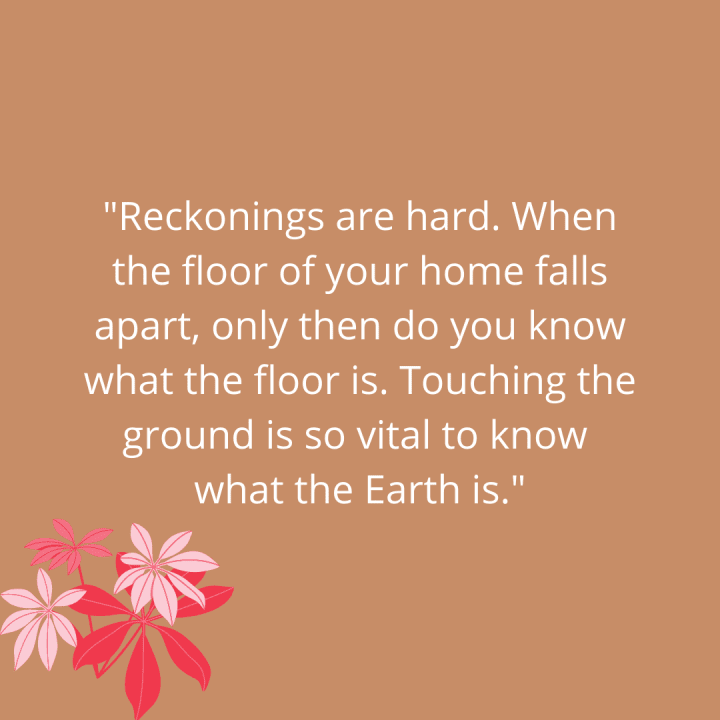
“Reckonings are hard. When the floor of your home falls apart, only then do you know what the floor is. Touching the ground is so vital to know what the Earth is.”
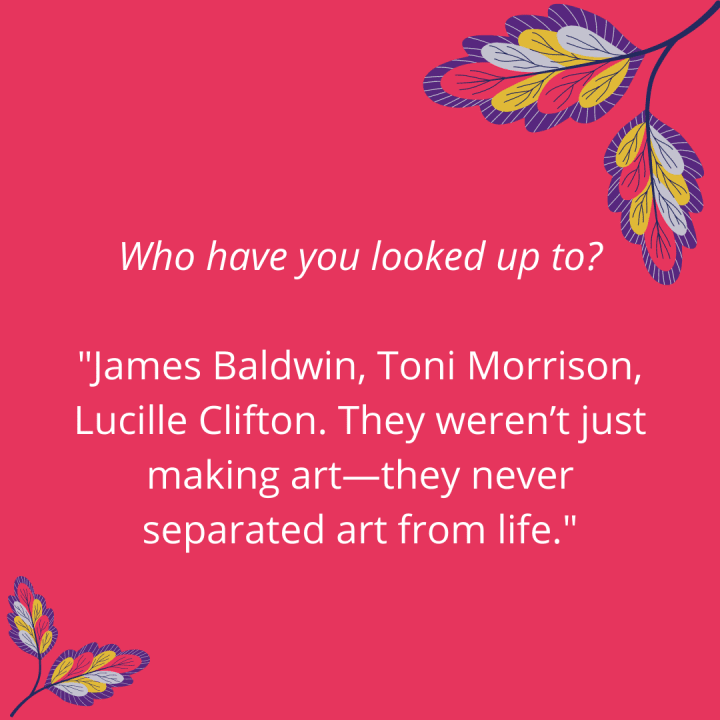
Who have you looked up to? “James Baldwin, Toni Morrison, Lucille Clifton. They weren’t just making art—they never separated art from life.”
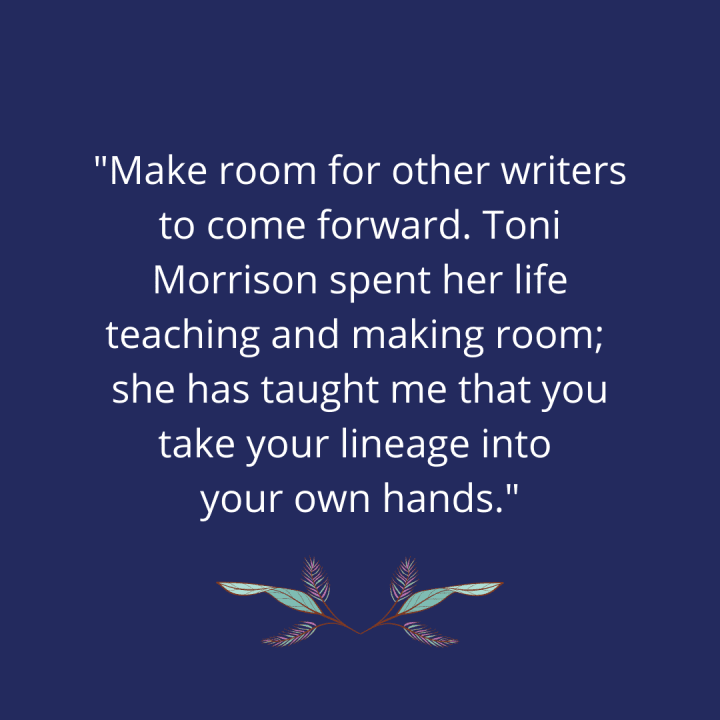
“Make room for other writers to come forward. Toni Morrison spent her life teaching and making room; she has taught me that you take your lineage into your own hands.”
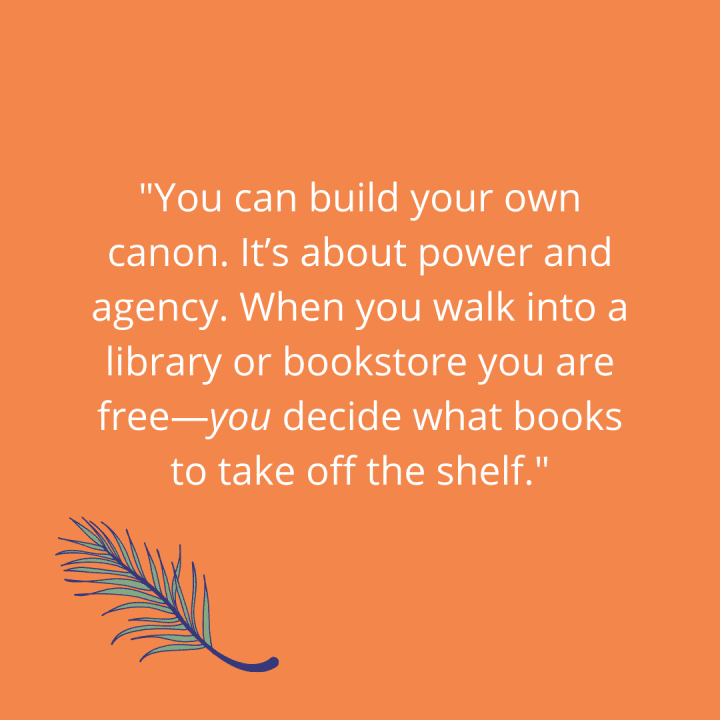
“You can build your own canon. It’s about power and agency. When you walk into a library or bookstore you are free—you decide what books to take off the shelf.”
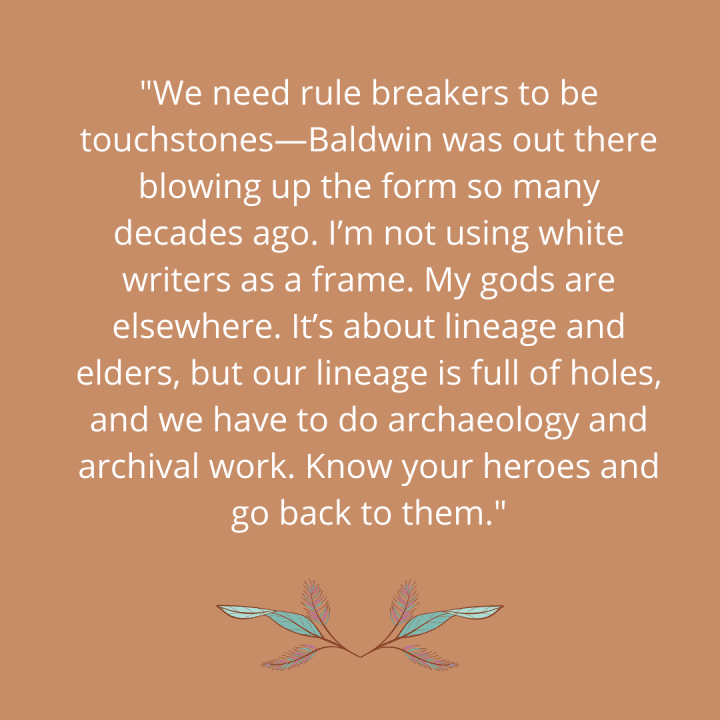
“We need rule breakers to be touchstones—Baldwin was out there blowing up the form so many decades ago. I’m not using white writers as a frame. My gods are elsewhere. It’s about lineage and elders, but our lineage is full of holes, and we have to do archaeology and archival work. Know your heroes and go back to them.”
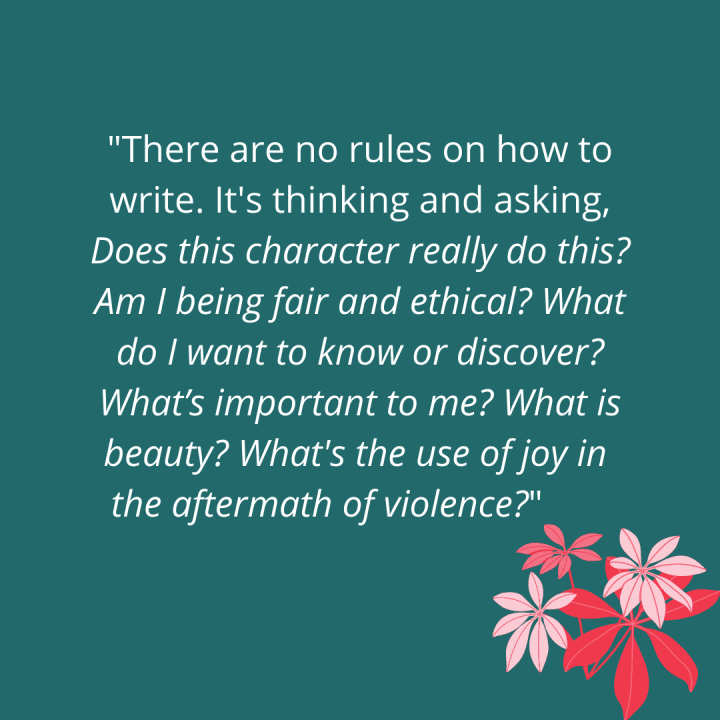
“There are no rules on how to write. It’s thinking and asking, Does this character really do this? Am I being fair and ethical? What do I want to know or discover? What’s important to me? What is beauty? What’s the use of joy in the aftermath of violence?”
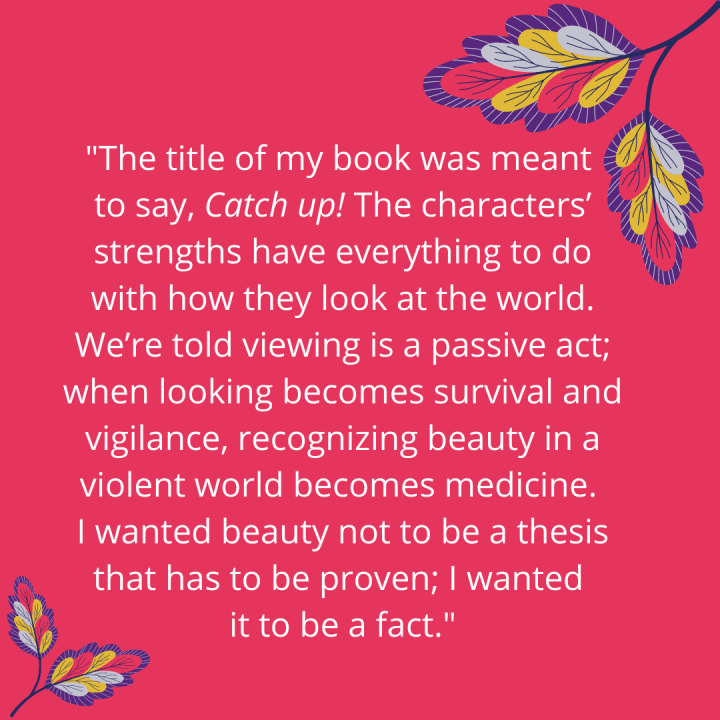
“The title of my book was meant to say, Catch up! The characters’ strengths have everything to do with how they look at the world. We’re told viewing is a passive act; when looking becomes survival and vigilance, recognizing beauty in a violent world becomes medicine. I wanted beauty not to be a thesis that has to be proven; I wanted it to be a fact.”
Thank you, Ocean, for reminding us that there are no rules—that writing is a deep, deep mystery!